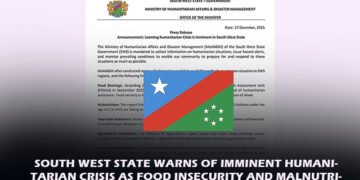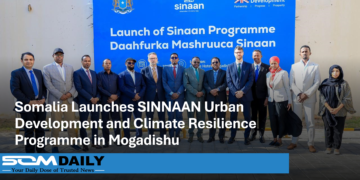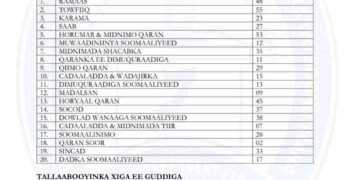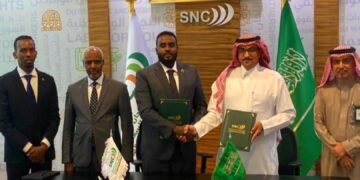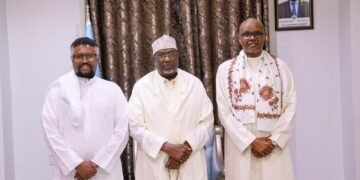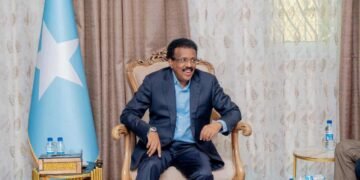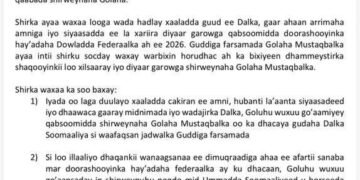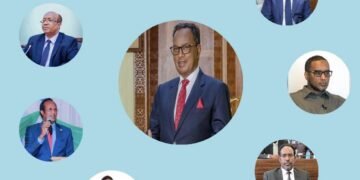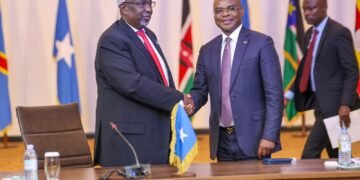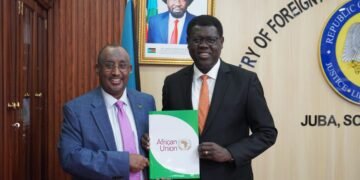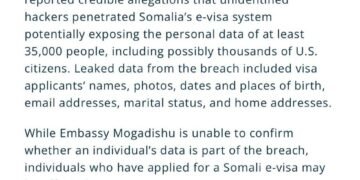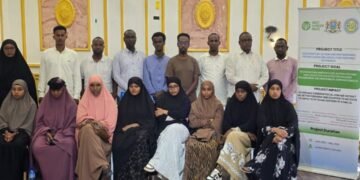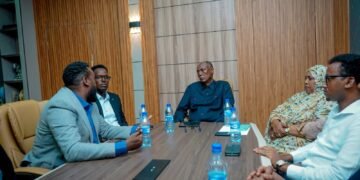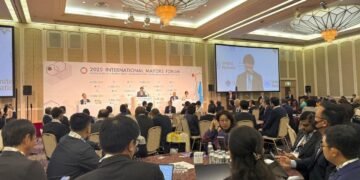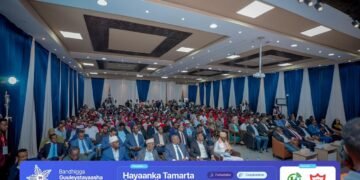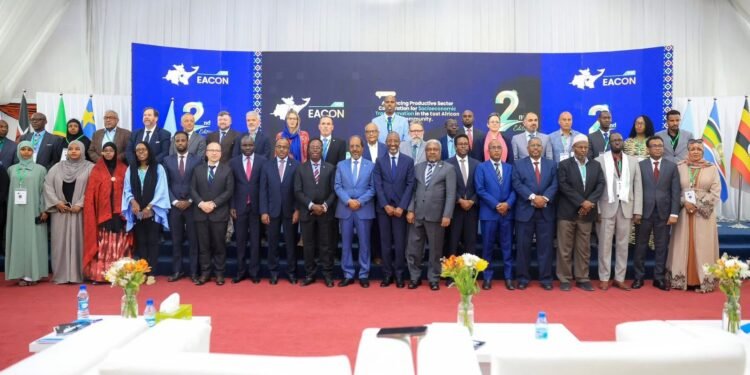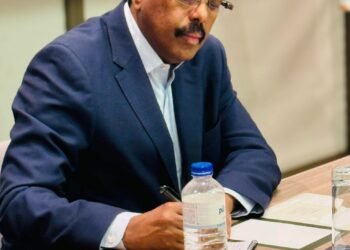Mogadishu, Somalia – October 7, 2025: The East African Community Conference (EACON 2025) officially kicked off in Mogadishu on Tuesday, marking a historic moment for Somalia and the wider East African region. The two-day summit, running from October 7–8, has brought together presidents, senior policymakers, business leaders, and development experts from across the East African Community (EAC) member states.
President Hassan Sheikh Mohamud officially opened the conference, urging regional governments to deepen cooperation in economic integration, peace, and security, and to harness East Africa’s collective potential in trade and innovation.
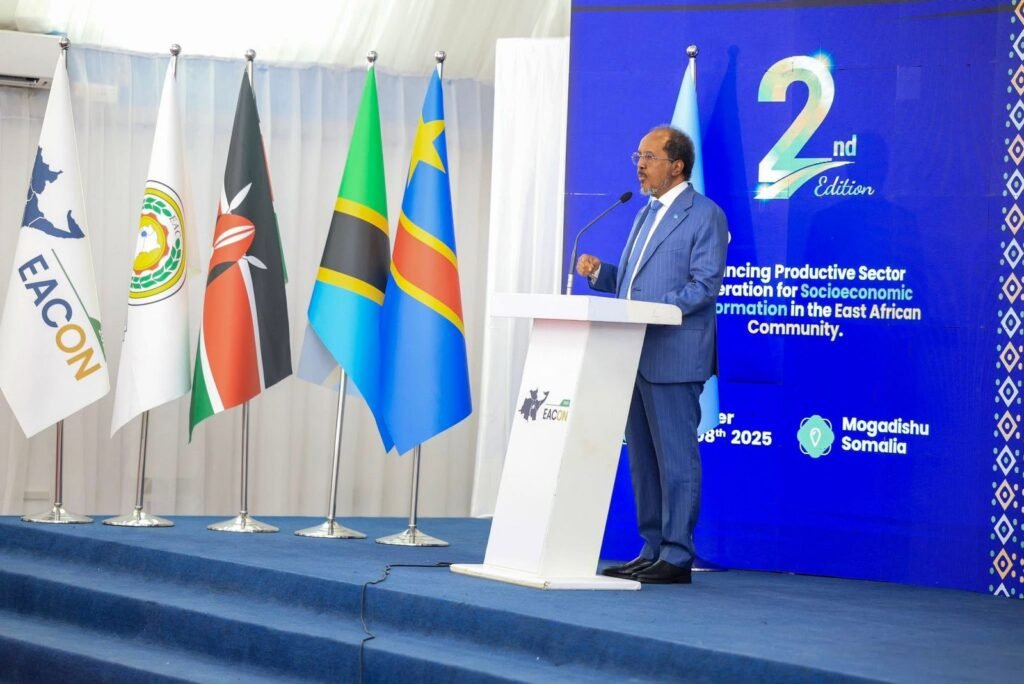
“The future of East Africa depends on our unity, our markets, and our shared vision for development. Somalia’s presence in this community is not just symbolic — it reflects our commitment to contribute to a stronger, more connected region,” President Mohamud stated in his opening remarks.
Delegates from Kenya, Uganda, Tanzania, Rwanda, Burundi, South Sudan, the Democratic Republic of Congo, and Somalia are attending the event, alongside representatives from major global corporations, international organizations, and academic institutions.
The EACON 2025 summit focuses on strengthening regional trade frameworks, improving cross-border security collaboration, and exploring investment opportunities in key sectors such as energy, digital innovation, agriculture, and transport infrastructure.
Analysis: A Strategic Moment for Somalia and the Region
Hosting EACON 2025 signals Somalia’s growing confidence and integration within the regional bloc. For Mogadishu, this event represents both a diplomatic milestone and a symbol of stability—a clear message that Somalia is reclaiming its role in the regional economic and political landscape.
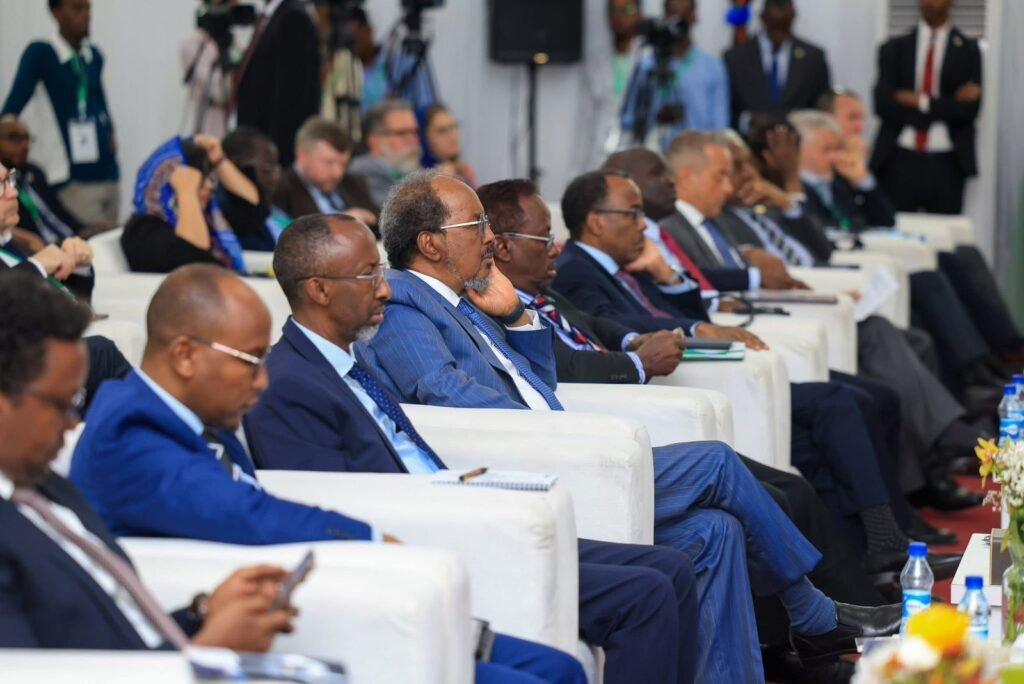
Analysts say the conference could also pave the way for enhanced trade corridors between the Horn of Africa and inland EAC economies, boosting market access for Somali goods while encouraging regional investment in fisheries, ports, and logistics.
Moreover, discussions on joint security frameworks are expected to address challenges such as terrorism, illicit trade, and migration—issues that directly affect the region’s peace and prosperity.
As the conference continues, expectations remain high that the outcomes will lay a foundation for a more connected and resilient East Africa, where cooperation replaces competition and integration drives inclusive growth.



